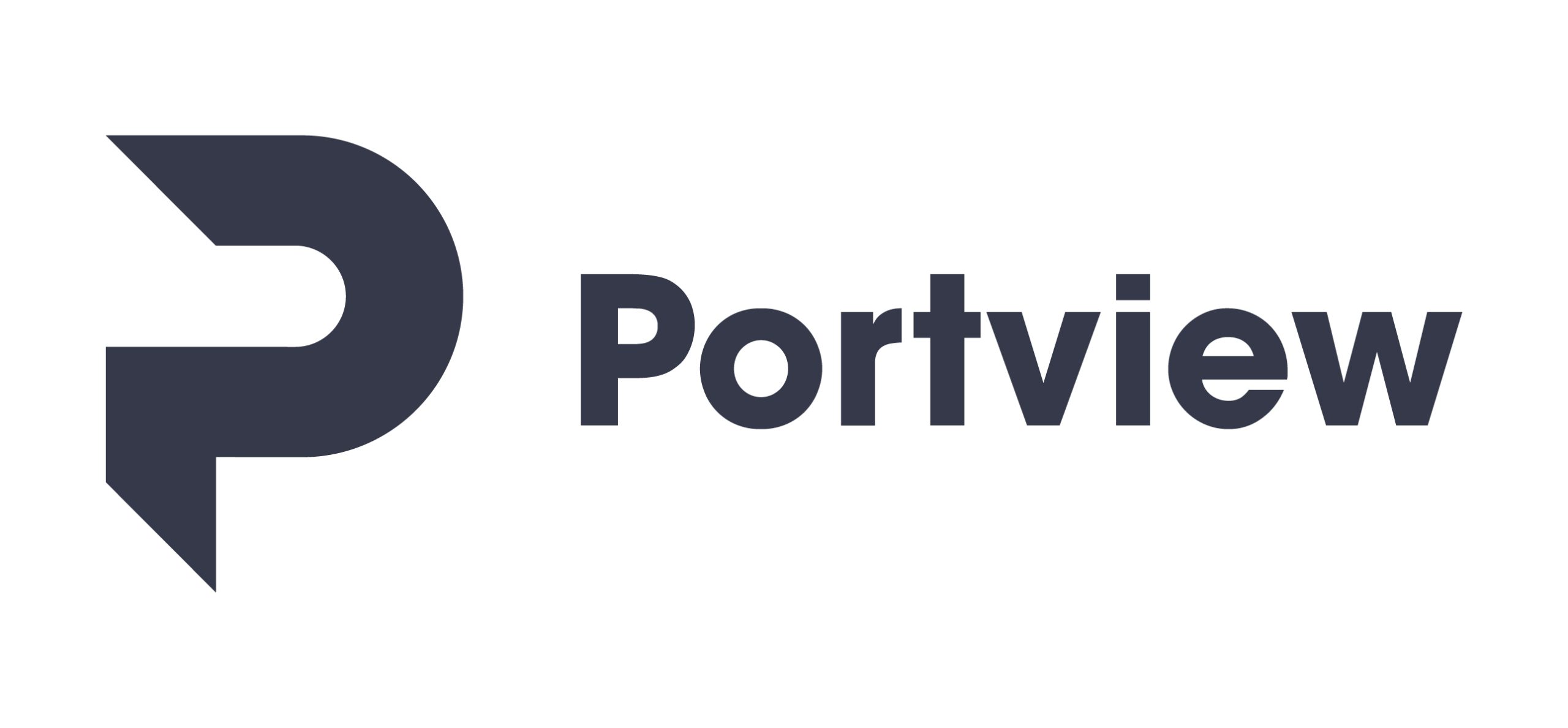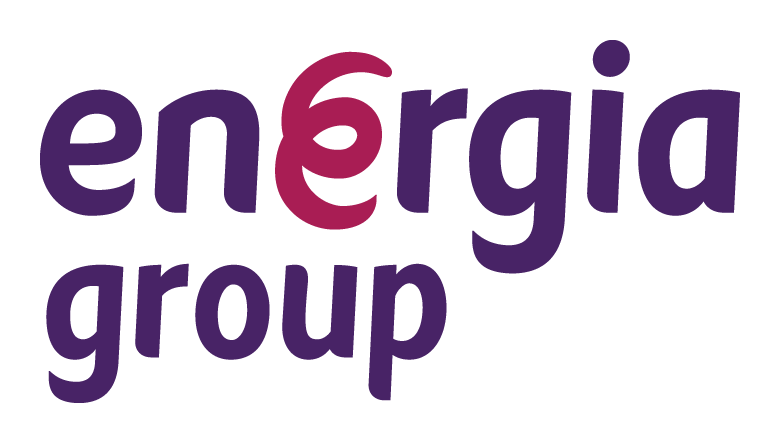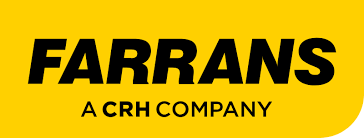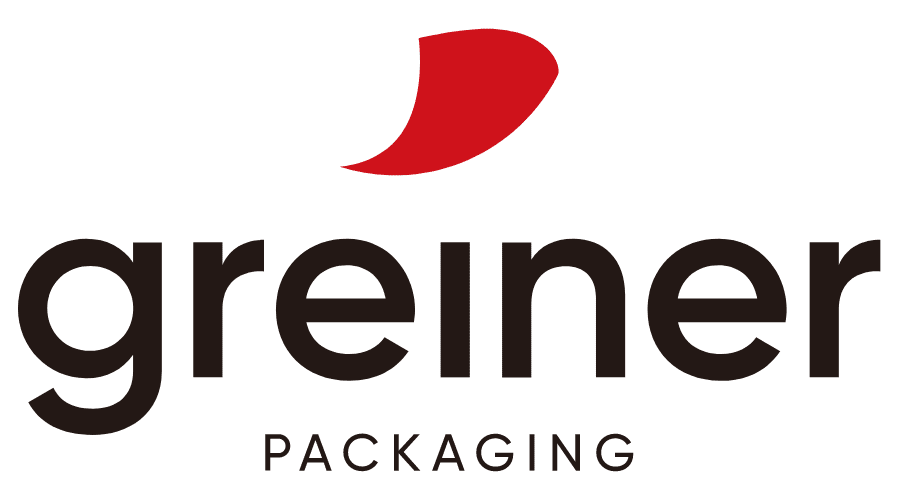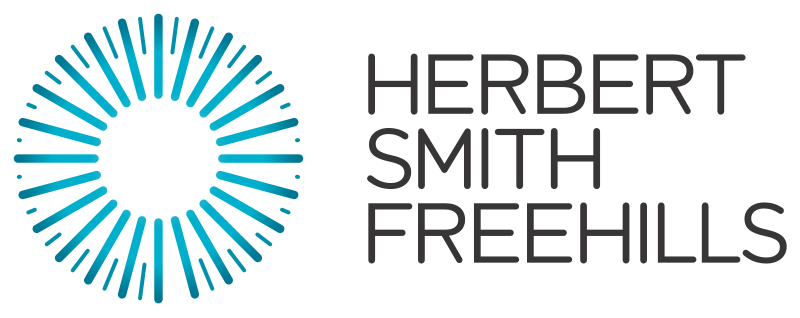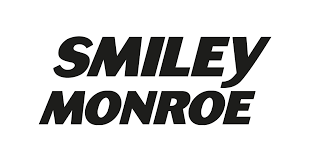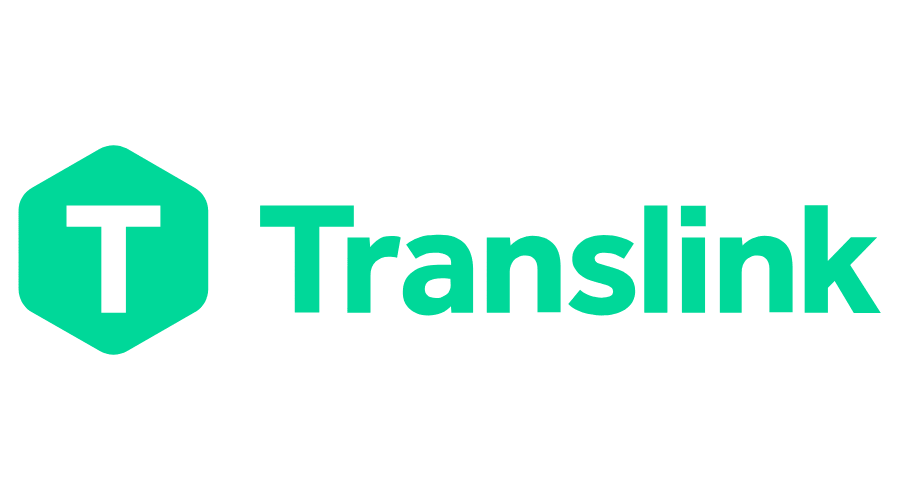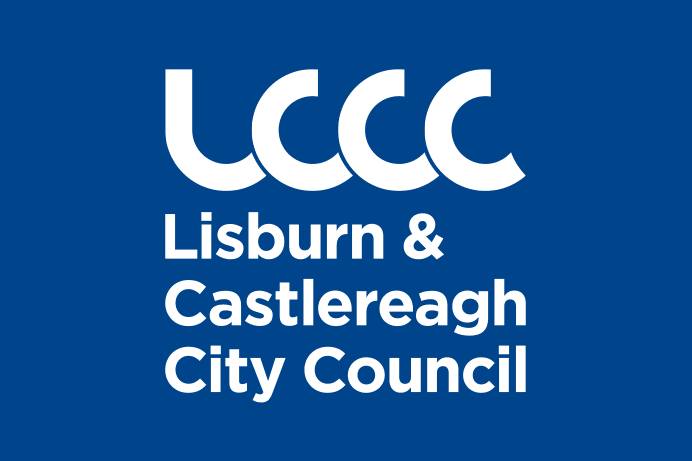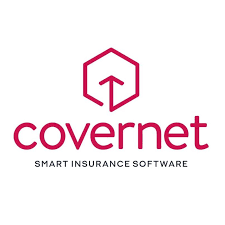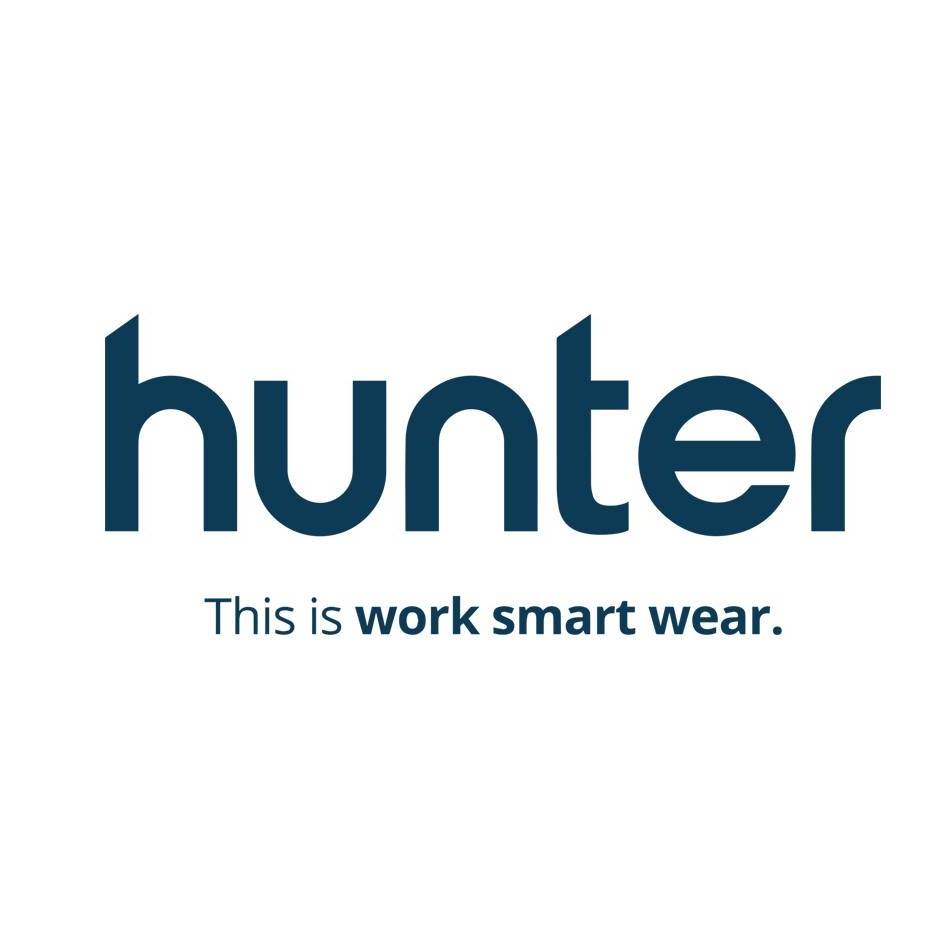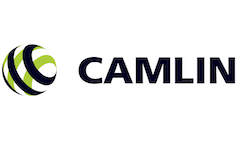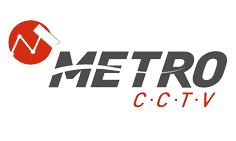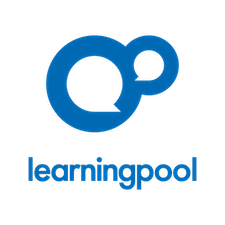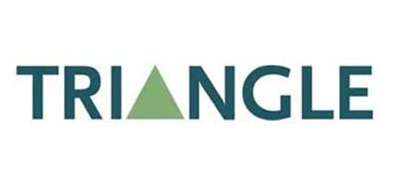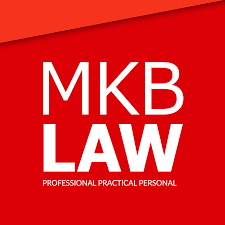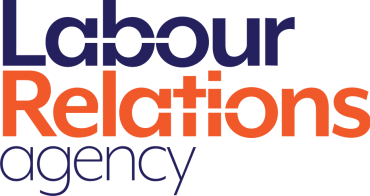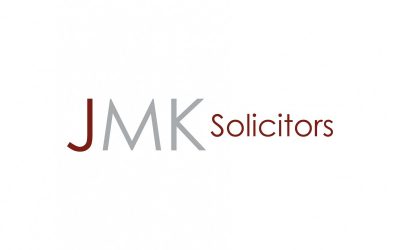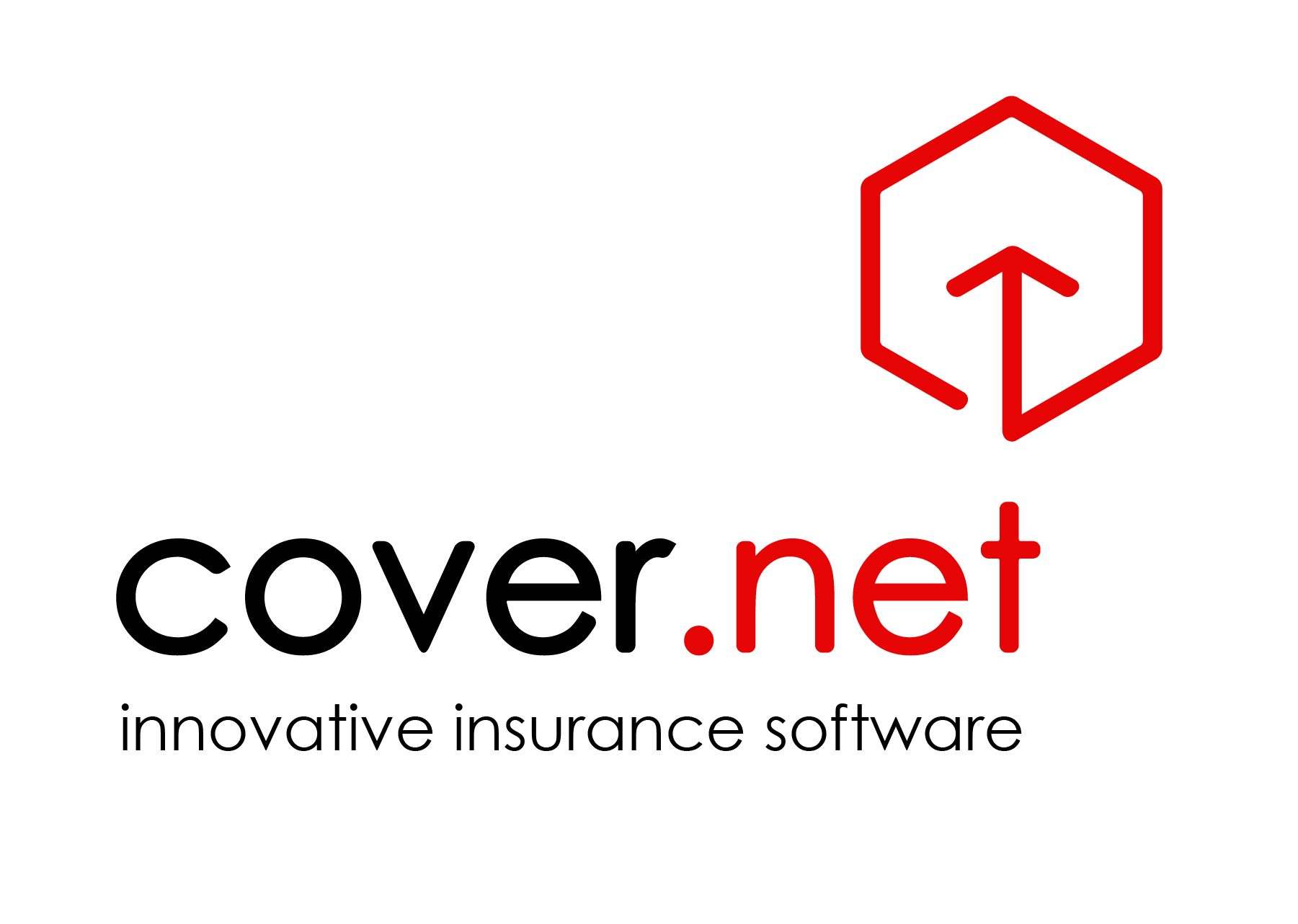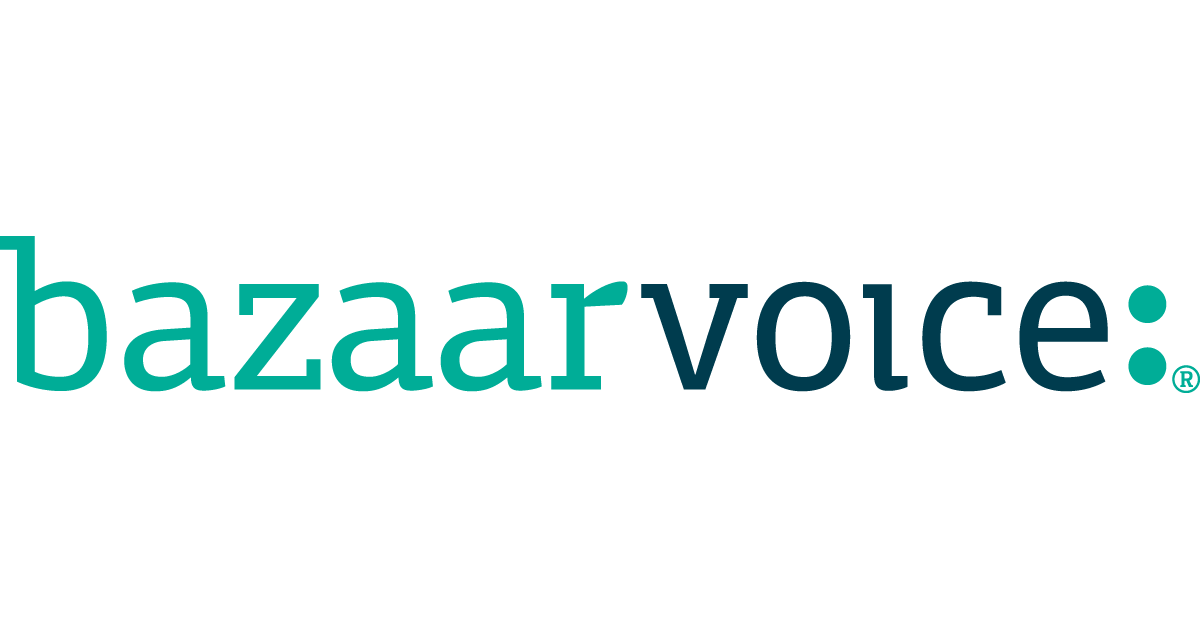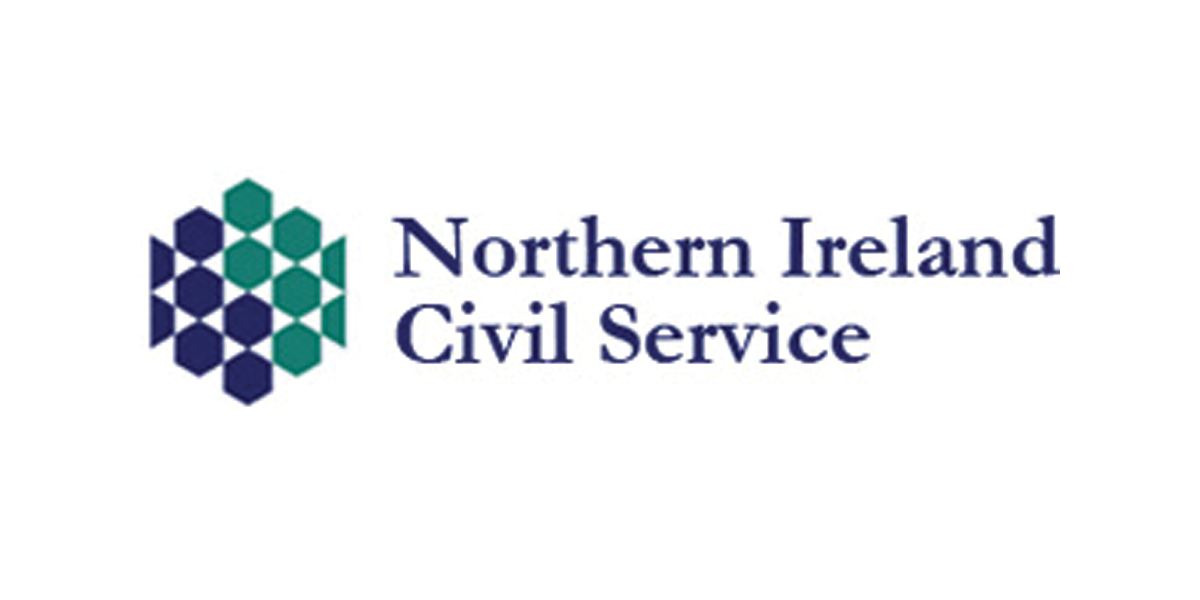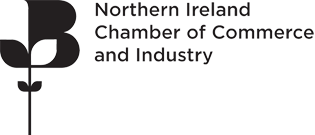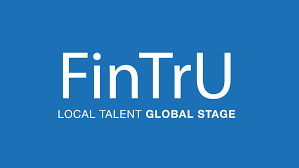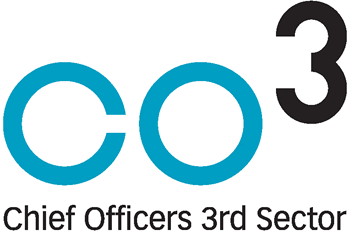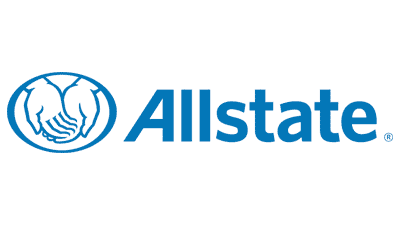Camilla Long, TED.com: Tell a story, unlock your influence.
Have you ever found yourself in a meeting where you’re the only one seeing what’s really going on? What about those times where you’ve found yourself in a disagreement at work, even though you know you did the right thing? Or maybe you’ve experienced the frustration of coming up with a brilliant new idea, but the people around you just didn’t get it?
And that’s why storytelling matters. We live in a world of information overload, where people are bombarded with ideas, suggestions and marketing messages every minute of every day. This adds up to a whole lot of choice overload – in fact some research suggests that the average adult makes over 25,000 decisions in any given year.
What that means for you when it comes to communication in the workplace, is that you are speaking with an audience that is distracted. In fact, very distracted. So it’s your responsibility to find ways to encourage people to tune in to your message and to find ways of making what you have to say relevant to them. Really what you want to do is to encourage people to change their perception of their own reality. If the real story is being missed, then it’s up to you to find a new story to tell.
We all have a curiosity budget, that is a limited capacity to focus on what’s important. And your decision-makers are no different. If you can tap into your audience’s curiosity budget and get their attention, you’ll immediately increase your chances of being heard. If you create emotionally charged moments, they’ll not only listen to you, but they’ll remember your message.
Click here to listen to Camilla Long’s talk from TED.com on Tell a story, unlock your influence to find out more about how storytelling at work can increase your influence.
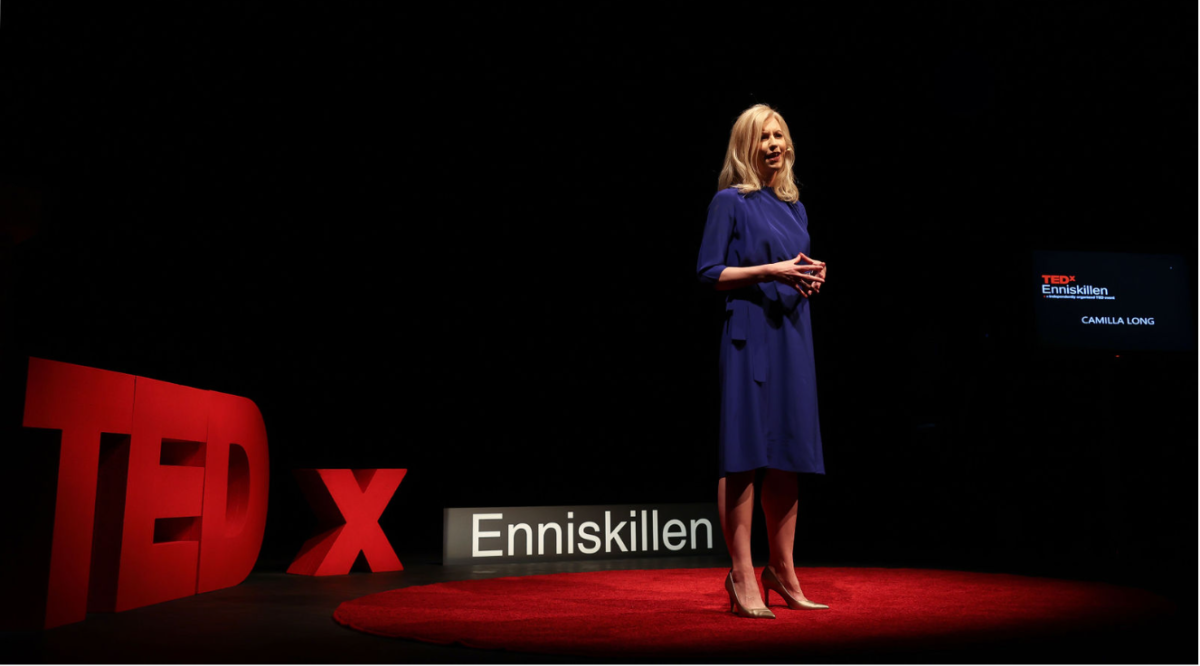
Transcript of Camilla Long, TED.com on Tell a story, unlock your influence
My story today opens with me in the hot seat. I’m sitting outside a closed boardroom door on the top floor of the building that I work in. On the other side of that door, there’s a board meeting going on, and I’m waiting for my turn on the agenda. I’m excited because our team has been crushing it, and I’m there with an idea to move things to the next level. I have done my research, I have anticipated all the questions. I’ve got this. I’m ready.
The door opens and I’m invited in, and as I walk into the room I look around and I see my CEO, the Chief Operating Officer and all of the division heads of the company that I work for seated around the table. I plug in my laptop, I give out my handouts and I get going.
I’m in full swing, when I hear ‘Camilla, why don’t you leave it there. You could email us a spreadsheet with the numbers instead?’ I’m not sure if I’ve heard right, so I look over to the meeting chair, and with a nod of their head, I realise that I’m being cut off.
Disbelief floods through my body. It’s kind of like all of a sudden time has stretched out. And as I look around the table, nobody even looks up from their papers. I feel a flush rising from here right up to my ears. I am completely mortified. I unplug my laptop and I do the walk of shame back out the door I just came through.
Now, by any standard, that is an epic fail. They didn’t want to hear me out. But what went wrong? I had put in the prep, I had put in the thought? Here’s the thing that I didn’t put in.
I was excited about my idea that day. But I didn’t pass that on in the boardroom. I could have gone in with a story of growth. Instead I went in with a growth plan.
And what I mean by that is that I got going on the facts, the figures, the process diagrams, the instructions. I drowned them in the detail. I really just didn’t make a connection at all.
Martin Luther King didn’t change the course of history with a plan. Martin Luther King had a dream.
Now I don’t think my idea that day was history-making, but we all have a story about why what we do matters. And that story can unlock your influence.
How can something as simple as a story be so powerful?
Well, you and I both have what I call a curiosity budget – that is we have a limited attention span for all that’s important.
And your decision-makers, they’re no different. They’re being pulled in different directions by the important people in their lives – by family members, by shareholder, by funders, by voters, by citizens. The distractions are potentially endless.
But if you want them to make a decision, you’re going to need to unlock that curiosity budget.
Luckily, the behavioural scientists are here to help. Behavioural science is the study of decision-making and the scientists have identified that there are three main blockers, three main barriers to people making decisions. These are the three leeches that suck away at your audience’s curiosity budget. Ignore them at your peril.
Number One. Overwhelm. When you’re in front of a busy person who is overwhelmed by the demands on their time, you might hear something like, “Just give me the bare bones, I haven’t time for all the detail!” They’re squeezing you into their diary, but they’re not ready to make a decision.
Two. Apathy. Has your audience switched off? ‘If we don’t do this, something bad will happen’. If you hear those words coming out of your mouth, you’re using compliance to persuade others. If that’s your default, maybe they’ve just turned off.
Or Three. Anxiety. Fear of change. ‘But that’s how we’ve always done it’. People resist change. Often because they can’t visualise why they need to be doing it.
If you recognise any of those three situations – Overwhelm. Apathy, Anxiety, take it as a sign for what it is. It’s a sign that they’re not spending their curiosity budget on you. It’s time for you to think hearts as well as minds.
And it’s that story, that story that you’ve got to tell, that can unlock their curiosity budget.
Now, if you’re like many people, the minute you’ll hear the word story or storytelling, you think ‘That’s not me, I’m not a storyteller.’ Like so many people who say to me, ‘I haven’t got a story’, what they’re really saying is ‘I haven’t got a story that I think anyone else would be interested in’
And, I think you’re wrong. After the humiliation of that boardroom situation, I went away and I took presentation skills courses, I got myself two amazing mentors, I’ve studied the science of decision-making, the psychology of influence and I now work with other people to help them with influential presentations. From my work with thousands of people, what I recognise that is going on there is a fear, a fear of judgment. Because telling a story involves doing something different. And there’s a vulnerability to standing out at work.
But I think there is a way that you can stand out at work, without being out of place. And that is in identifying the story that matches your audience’s needs, your audience’s opportunities, the challenges that are going on in their lives. But whatever you do, don’t match your story to their expectations. It’s that element of curiosity that going to get them focussed on what you’ve got to say.
And to do that, where you go for those stories is in your moments. We don’t live our life in days, we live our life in moments.
And those moments have shaped who you are, who you’ve become and the expertise that you’ve developed.
I’m talking about moments where you realised something new, where you achieved a win, where you overcame a challenge.
It’s those moments that have equipped you to share your expertise with conviction and with authority. It’s in those moments that you will find the stories that can unlock your influence.
I’m reminded of an engineer that I met at a conference recently. Johnny approached me as I was getting off the stage, and said, ‘I’ve just been promoted to the top of my company. I’m trying to get a new system, a new data platform off the ground, and nothing’s happening, can you help’
So as we talked in the conference hall, I wanted to find Johnny’s story. Amongst the questions that I asked him was, ‘Where did the idea for this new data platform come from?’ And without missing a beat, he told me about a customer that had gotten in touch in early 2021, in complete desperation. She couldn’t see a way of safeguarding her company as the Covid19 pandemic raged. And how he and his team had worked with that customer to develop this prototype platform. And as result, she had found new markets for her products and now, today, has doubled her workforce.
In that single moment of achievement, told with such pride, Johnny had everything he needed to unlock his audience’s curiosity budget. What platform? Why was it so powerful? And most importantly, how could we use that to help other customers?
The stories you tell at work need to be personal. But they don’t have to be about you. Imagine the impact if like Johnny, you shared a customer story, or even a story from your competitors, or potentially a story from your team.
Imagine the resonance that you’ve got right there. That is there to create those emotionally charged moments.
There is a Robert Frost poem called The Road Not Taken, where two roads diverge in a yellow wood. The poet takes the road less travelled. And that for him makes all the difference. How many ‘road not taken’ moments have you had in your career? Where you and your team were stuck with the status quo because someone else was unwilling to listen.
As I finish up here today, I’d like to ask. Who in your life is causing you frustration because they’re not listening?
Can you identify the that you will tell to influence the decision that they’re not making?
Because nothing changes until you do. And your story can unlock your influence.
If you enjoyed this talk by Camilla Long from TED.com on Tell a story, unlock your influence, then why not check out the raneg of past events hosted by Camilla here.
If you've enjoyed reading about Data Storytelling then you might be interested in attending a course.
